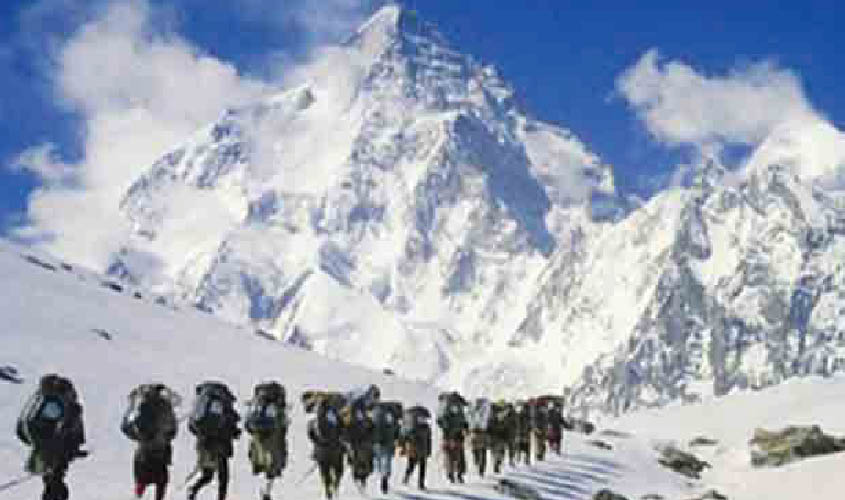In a renewed attempt to change the perception that the Congress had tilted towards the minorities, Rahul Gandhi continued his Shiv Bhakti by leaving for a pilgrimage to Kailash Manasarovar, via Lhasa, in the Tibet Autonomous Region of China. The visit to Mount Kailash, the abode of Lord Shiva, and to the Manasarovar Lake assumes political significance as it seeks to neutralise the aggressive BJP propaganda regarding the religion of Indira Gandhi’s grandson; it as well aims at sending a strong message in the country ahead of the 2019 Parliamentary polls.
Rahul had pledged to visit the sacred venue to thank Lord Shiva for coming to his rescue, when during a flight to Karnataka in April this year, his aircraft dropped 8,000 feet, in a situation that could have been life-threatening. Rahul, some months ago, had first announced his intention of going to Kailash Manasarovar, at a party rally at the Ramlila grounds in the capital.
The pilgrimage is consistent with the Congress president’s projection as a “Janeyu Dhari Hindu”. While vigorously campaigning during the run-up to the Gujarat and Karnataka Assembly elections, Rahul had visited several temples to invoke the blessings of the deities. The much-publicised stopovers were directed to dispel any views which portrayed the Congress and its leadership to be pro-minorities. It was the perception of its tilt towards the minorities that played a major role in the 2014 party’s rout, a fact acknowledged by senior leader A.K. Antony, who was asked to go into the causes of the debacle.
Much before he took over as the Congress president, Rahul seemed determined to play the soft Hindutva card, to counter the BJP’s accusation of belonging to a different religion. In his understanding, the Shiv Bhakt image would pre-empt any move to attack him on religious grounds, thus assisting him to reach out to larger audiences worldwide. In addition, the Shiv Bhakt persona was not in variance with the overall secular ideology of the party.
The Congress president’s visit to China, where he has not been provided any additional security, also showcases that while on a pilgrimage he was not seeking any special favours from another country. Interestingly, purely from the Chinese government’s perspective, only general courtesy was being extended to the Indian politician and no extraordinary facilitation had been outstretched to him.
In fact the BJP, which, of late has been critical of the Chinese establishment, going by the statements of its spokesman, Dr Sambit Patra, is obviously unaware that the Central government and its Chinese counterpart enjoyed a comfortable rapport, as reflected by the warmth exuded during the meetings of Prime Minister Narendra Modi and President Xi Jinping.

